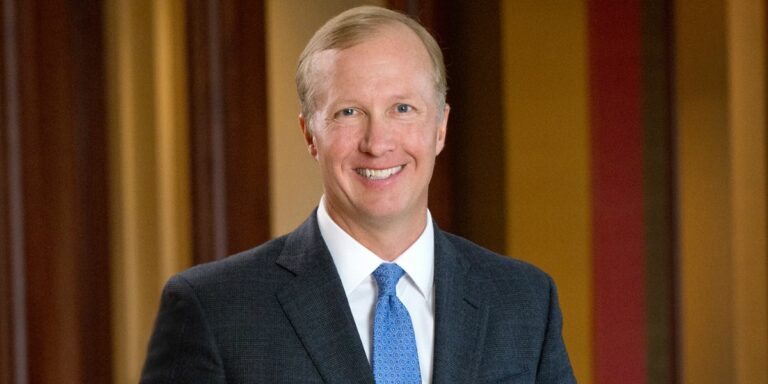On Monday, December 3, 2018, the USCIS published a notice of proposed rulemaking that would require sponsoring employers seeking to file cap-subject H1b petitions to first electronically register with USCIS during a designated registration period. The USCIS would also reverse the order by which it selects H1b cases to give greater preference to H1b applicants who are graduates of U.S. Master’s programs. This change would result in initial cost savings to employers seeking to file under the cap and should result in an increase in the percentage of H1b visas being issued to international graduates of U.S. Master’s degree programs. On the other hand, individuals with foreign degrees or Bachelor’s degrees will see a decrease in the availability of visas.
H1b visas are awarded to international employees in “specialty occupations,” which generally means occupations requiring at least a Bachelor’s level degree or higher for entry into the profession. Over the past 22 months, employers have seen a steady policy constriction by the federal government of what positions qualify for the visa. This policy constriction has had significant ripple effects for U.S. employers who rely on international talent, particularly in the scientific and tech sectors.
Employers who rely on international talent are likely well aware of the H1b lottery system. Under the current process, 65,000 new H1b visas are made available at the beginning of each federal fiscal year (October 1 to September 30), with an additional 20,000 reserved solely for graduates of U.S. Master’s degree programs. Ironically enough, the USCIS allows employers to apply for the new H1b visas each year beginning on April 1 – April Fool’s Day – for visas that, if approved, would begin on October 1.
For the past several years, the USCIS has received nearly four times the number of applications for available visas within just a few days of April 1. Consequently, the USCIS has been conducting a random lottery each year to determine which lucky applications will be accepted for consideration. Those who do not “win the lottery” must wait to apply the following April in hopes of securing a visa that would not become valid until the following October 1.
Under the proposed rule change, cap-subject employers would first be required to register electronically with USCIS. Rather than submit a voluminous paper application, the electronic registration would qualify the employer and its sponsored international employee for consideration in the lottery. If selected for the lottery, the employer could then submit a full H1b application for that international employee. The lottery registration would thus be both employer and employee specific, meaning an employer could not transfer a “winning” lottery acceptance from one employee to another that was not selected in the lottery. This process should improve efficiency by not requiring the employer to go through the expensive process of preparing an entire H1b petition just to enter a lottery with an approximately one in four chance of being selected.
The proposed rule would also reverse the order in which USCIS considers its H1b applications. Under the current process, USCIS first considers applications for the 20,000 U.S. Masters cap cases. Once that is full, USCIS then goes on to consider all remaining applications for the potential 65,000 non-Master’s cap visas. Under the proposed rule, however, the USCIS would first count the 65,000 regular cap cases, which would logically include some Master’s cap cases based on the lottery. Once a sufficient number of applications from the registration have been selected, the USCIS would then go on to start filling the 20,000 Master’s cap cases.
Following this new process, the USCIS projects there will be a 16% increase in Master’s degree cases selected in the lottery compared to prior years. Of course, that would result in a decrease in available visas for applicants who lack a Master’s degree from a U.S. university. This would be in line with the Administration’s April 2017 “Buy American and Hire American” Executive Order that mandated the Department of Homeland Security to “propose new rules . . . to protect the interests of U.S. workers in the administration of our immigration system.” Thus, the change would further constrict the availability of H1b visas by decreasing their availability to those who do not have Master’s degrees from U.S. universities.
The public comment period lasts until January 2, 2019, after which time the final rule should be published. While the USCIS anticipates that the new rule would be in place for the April 1, 2019 commencement of the next H1b season, the proposed rule provides USCIS with latitude to delay implementation of the registration requirement if technical issues make that impractical. We will continue to monitor this development and keep you advised.
